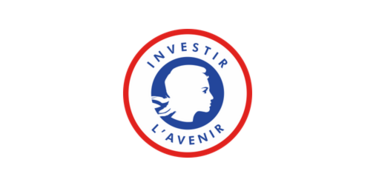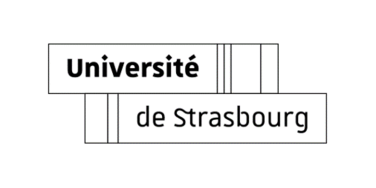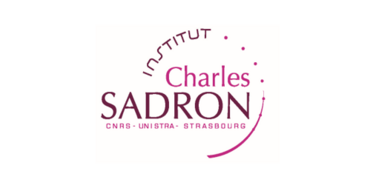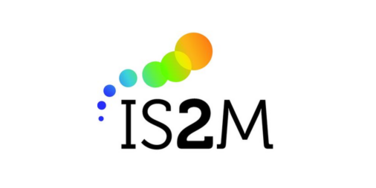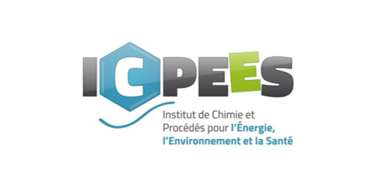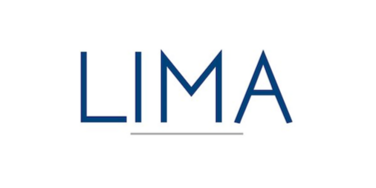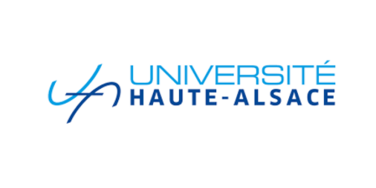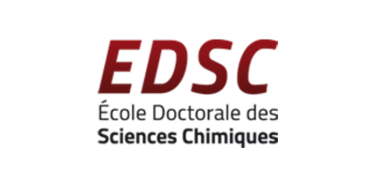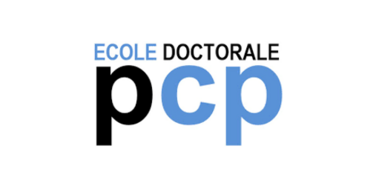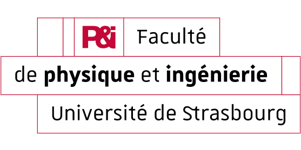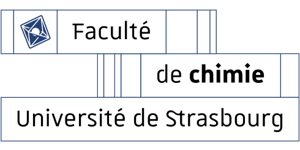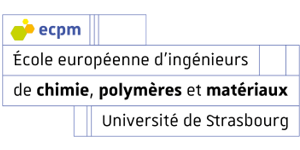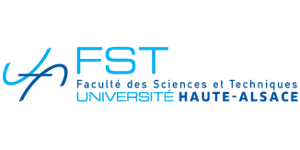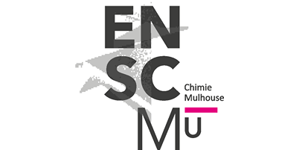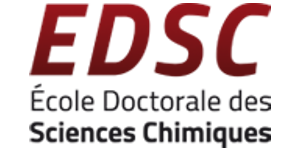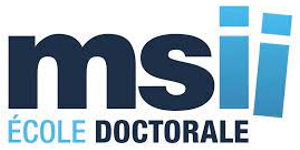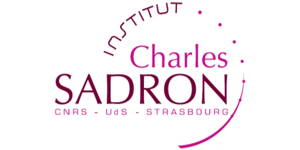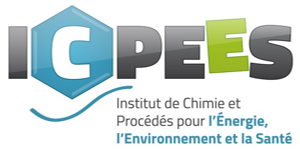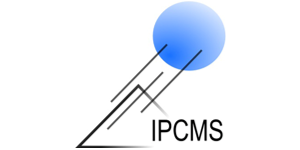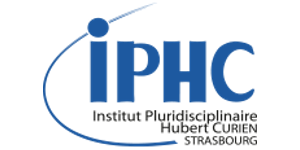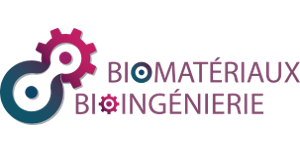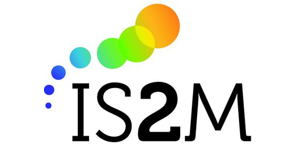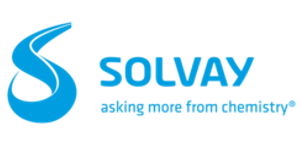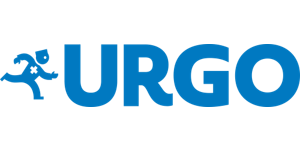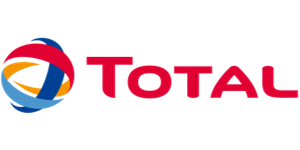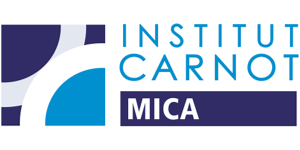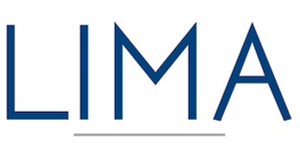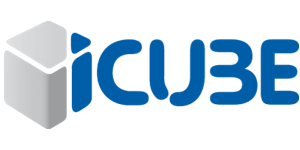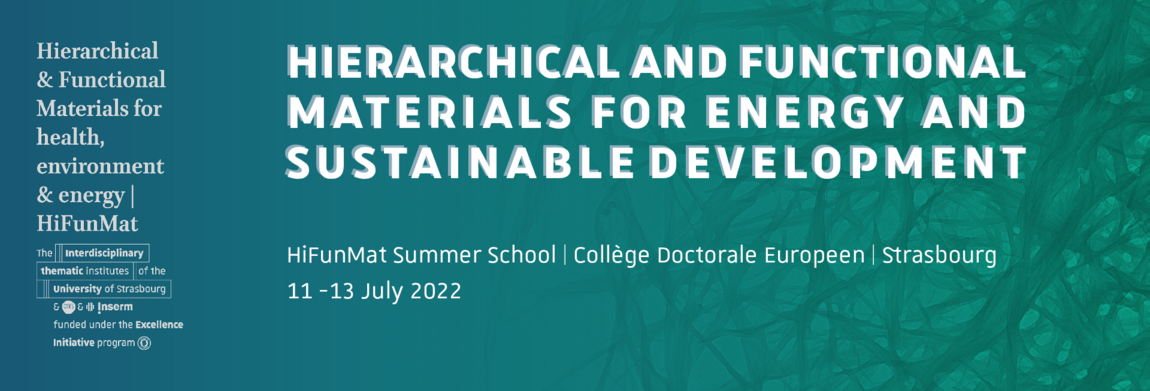
Page contents

Securing the world’s energy supply sustainably is one of the greatest challenges of our generation. Our resources are running out, our energy consumption is increasing dramatically and the climate is changing. Research in energy-related fields is, therefore, a priority for the scientific community.
To prepare the next generation of scientists to take on these challenges, the HiFunMat summer school offers a detailed overview of the most relevant energy-related areas with a focus on sustainable development. Topics included in the summer school program range from the latest challenges in photovoltaic technology (including organic, inorganic, and hybrid materials), to fuel cells and storage (batteries and electrochemical storage), to thermoelectric materials (organic and inorganic), supercapacitors, biomass, and bioenergy, catalytic materials for energy, microscopy and synchrotron characterization for energy materials and spectroscopic characterization techniques for energetic materials. These scientific courses will address knowledge from physics, chemistry, physical chemistry, material science, and biology.
The program of summer school combines a multidisciplinary scientific program focusing on current energy challenges with pedagogical team-building activities to foster networking and collaboration.
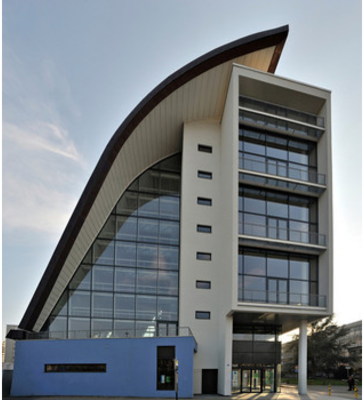
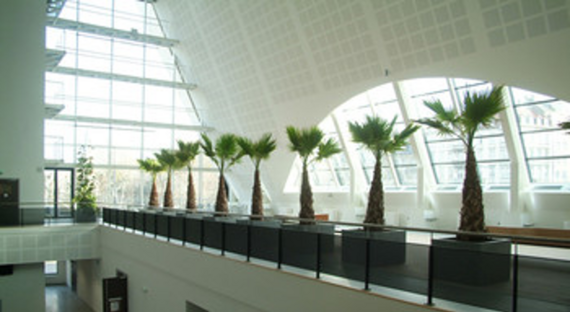
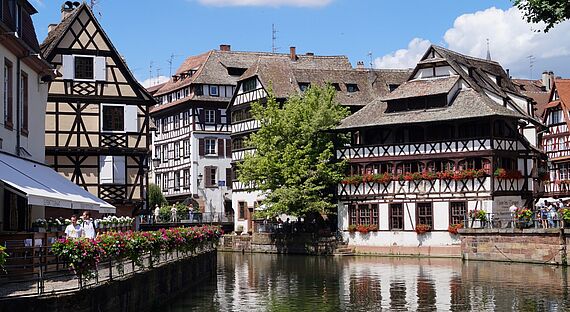
11 - 13 July 2022 (8 am - 7 pm)
Collège Doctorale Européen (CDE)
46 Boulevard de la Victoire
67 000 Strasbourg, France

- poster -
Program
The ITI HiFunMat Summer School 2022 consists of:
- 11 scientific courses
- Poster sessions
- Team-building & research funding activities
- A closing conference open to the general public
- 1 Treasure hunt through Strasbourg
- 1 gala dinner
MONDAY, 11 JULY 2022(8 am - 7 pm) | TUESDAY, 12 JULY 2022(9 am - 10 pm) | WEDNESDAY, 13 JULY 2022(9 am - 9 pm) | |
|---|---|---|---|
| 8:30 | Welcome ceremony and introduction | ||
| 9:00 | S1. Photovoltaic working principle and development of hybrid materials Nathanaelle Schneider | IPVF-CNRS, FR | S5.Beyond Li-ion batteries: diversification and materials sustainability Maria Crespo Ribadeneyra | Imperial College London, ENG | S9. Femtosecond Spectroscopy of Organic Electronic Materials Natalie Banerji | Univer. Bern - FemtoMat, CH |
| 10:00 | S2. Organic photovoltaics: Introduction and state of the art Nicolas Leclerc | Univer. Strasbourg - ICPEES, FR | S6. Power-to-X: Towards Sustainable Production of Green Hydrogen and Value-added Chemicals Hui Luo | Imperial College London, ENG | S10. Syntheses and characterization of catalytic material Catherine Pinel | IRCE Lyon - iSTE group, FR |
| 11:00 | COFFEE BREAK | ||
| 11:15 | S3. Thermoelectric working principle and development of hybrid materials Martijn Kemerink | Heildeberg Univer., DE | S7. Electrolyte polymers for fuel cells Christina Iojoiu | Univer. Grenoble - LePMI, FR | S11. Soft X-rays for energy materials: Opportunities and challenges Sufal Swaraj | Synchroton Soleil, FR |
| 12:15 | LUNCH BREAK | ||
| 14:00 | S4. Impact of structure and morphology on thermoelectric properties of doped polymer semiconductors Martin Brinkmann | ICS-CNRS, FR | S8. The challenges of hydrogen: when biology meets energy Marie-Thérèse Giudici-Orticoni | Mediterranean Institute of Microbiology - CNRS, FR | Interactive pedagogical session | Part 3 |
| 15:00 | Interactive pedagogical session | Part 1 | Interactive pedagogical session | Part 2 | Interactive pedagogical session | Part 4 |
| 16:30 | COFFEE BREAK | ||
| 17:00 | Poster session | Cultural treasure hunt in the Strasbourg's city center | 17h - 19h Closing conference: Achieving the energy transition Open to the general public Benoit Lebot | Ministère de la transition Ecologique (member of the négaWatt association), FR Amphitheatre of the Collège Doctorale Européen |
| Evening program | Gala dinner | ||
Objectives
- To introduce young researchers (M.Sc. students, Ph.D. students, and Post-docs) to current research topics in materials science for energy and sustainable development.
- To give young researchers networking possibilities so that they can integrate into the scientific community.
- To bring into contact young researchers from different research fields, such as physics, physical chemistry, chemistry, material engineering, and biology, to learn to work as a team on multidisciplinary projects and to collaborate.
- To encourage young researchers to think about today's energy challenges
- To provide information on how to fund research projects (call for projects, Marie-Curie funds, ...).
Interactive pedagogical program
The afternoons of the summer school are dedicated to interactive sessions where PhDs, postdocs, and master students will work in groups to address hot-topic energy-related challenges with a view on sustainability. The groups will be asked to participate in elaborating a funding proposal to tackle an energy problem using what they have learned in the topics discussed earlier in the day. Students will work in groups to train them in managing collaborative multidisciplinary projects, networking, and brainstorming activities, as well as presenting their projects to the audience. The students will learn to discuss their ideas within a team, make a plan, and present it to colleagues.
Registration
This summer school is open to national and international Master, PhD and Post-docs. Registration is mandatory, and participants expected to stay for the duration of the entire program!
Registrer now : https://www.azur-colloque.fr/dr10/inscription/fr
Registration fees:
- Master and PhD students from the University of Strasbourg : 0 €
- Master and PhD students from the University Haute Alsace : 0 €
- Master and PhD students from other universities, and Postdocs : 100 € (early-bird) - 150 € (normal)
Registration deadlines:
- 0 € registration : 15 June 2022
- Early-bird registration : 10 June 2022
- Normal registration : 15 June 2022
Validation of the Summer school
At the end of the summer school all participants that have been present for the duration of the whole program, and have actively participated in the seminars, discussions, and exercises, will receive a certificate of successful participation. This certificate could help students to validate ECTS or hours for the doctorate school of their home university. Unistra and UHA students enrolled in ED 182 can validate 12 hours of scientific training in their discipline, and students enrolled in ED 222 and ED 269 can validate 9 hours.
Organization
The summer school is organized by the interdisciplinary thematic Institute of Hierarchical and Functional Materials, which gathers a Master-Doctorate training program and a cluster of excellence, and is dedicated to the development of advanced composite materials with appealing and outstanding properties for health, environment, and energy applications. The Master-Doctorate program trains young researchers in the multidisciplinary domain of Material Science.
The summer school is supported by the University of Strasbourg Initiative of Excellence, and partner institutions (Institut Charles Sadron, Institut de Science de Matériaux de Mulhouse, Institute for Chemistry and Processes for Energy, Environment and Health, Université de Haute Alsace, Laboratoire d'Innovation Moléculaire et Applications, ED 182, ED 222). Their support underlines the formidable links between ITI HiFunMat and its partners, the strong collaborations, and the strength of the alsacian site in Material science.
Scientific organization:
- Dr Laure Biniek
- Dr Amparo Ruiz Carretero
Participating Institutions:
